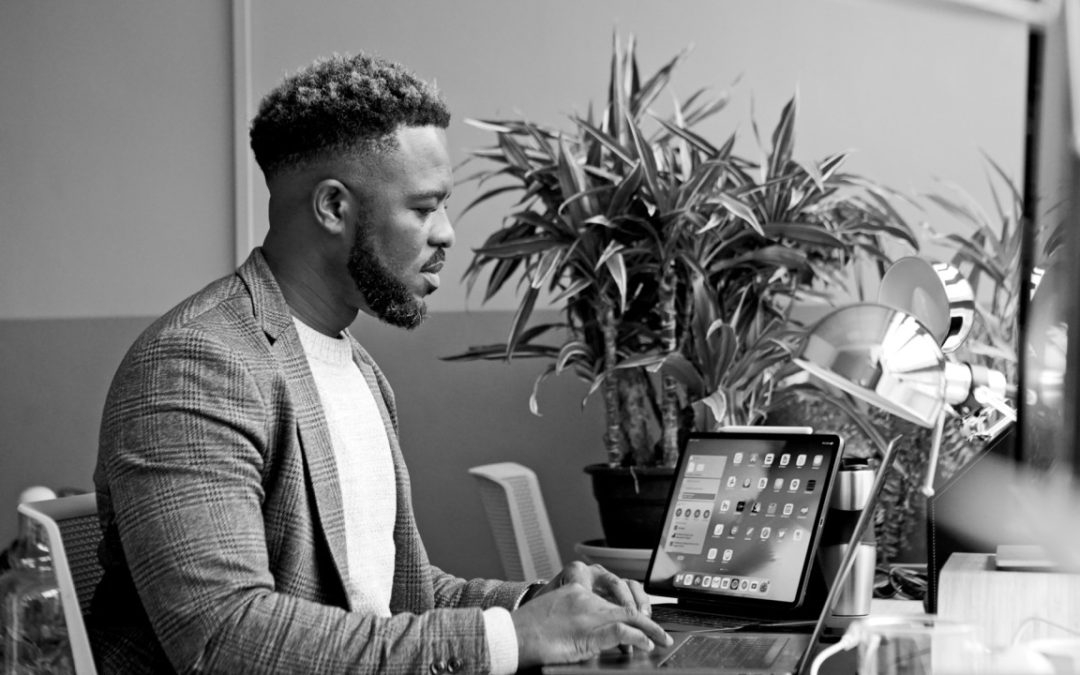This spring was always going to be memorable for our shared working space Impact Brixton. A week before we were due to launch our new space, we had to shut down due to COVID-19 and the national lockdown. Six months later, we are lucky to have survived this existential crisis, and the company is now experiencing unprecedented demand from companies and locals who are seeking a new way of working. From “I have to get out the house before I kill my husband, dog and kids” to “I am going crazy talking to myself cause I am all alone in the house” people have had enough of Zoom, Slack and working in the bedrooms and kitchens, yet they do not want to jump back on the Victoria line to commute into the city.
Most companies are embracing remote working, saving money by giving up their offices and hiring globally. Their employees, however, are left with the burden of creating a productive working environment where they choose to work and Zoom. On the one hand, a lot of people are loving working from home and not having to commute into the office daily. On the other hand, many people are losing their mind realising that creating a productive space requires a lot more than just a laptop, WiFi and phone.
Loneliness, struggling with staying organised, and not having the right space for focus and privacy – especially for Zoom calls – is a real problem for all of us working from home. The rapid rise in co-working, defined as the use of an office or other working environment by people who are self-employed or working for different employers, typically to share equipment, ideas, and knowledge, has started to change the way we all work.
Take WeWork – WeWork is the largest shared-workspace startup, with locations in 28 cities renting office space from landlords at wholesale and subleasing to its members at a profit. Their latest funding round valued the company at $16 billion, making WeWork the sixth most valuable private start-up. Co-working has become the go-to for employees who are now finding themselves working from home for the first time and don’t want to commute into the city.
I also consider co-working to be the future of work, but see the value in staying local. At Impact Brixton, we deliver flexibility, connections and a unique culture that can only be generated by a real, local community. We’re a team, a network, a group of people who support each other – whether with advice, skills or cheerleading – provided much needed structure and community for people who suddenly find themselves working from home. This kind of local co-working drives collaboration and innovation by encouraging meaningful connections between our members, the kind of networking which will become a competitive advantage for companies as their employees learn from these diverse communities and bring fresh ideas and insights into the fold.
Co-working spaces can also help with that all-too-waning focus, as they’re generally better designed than the traditional offices we are all used to – at Impact Brixton, we have a team of design experts who think about literally everything, from which plants clean the air, to what music and light are best for productivity at different times of the day. Many companies are now passing on the savings they have made from giving up the office by paying for employee memberships to co-working spaces, launching flexible working policies empowering employees to make decisions about how they organise their time. If you haven’t yet asked your boss, now might be the time if you want to get out of your kitchen.
Gerald
—
Gerald Vanderpuye

